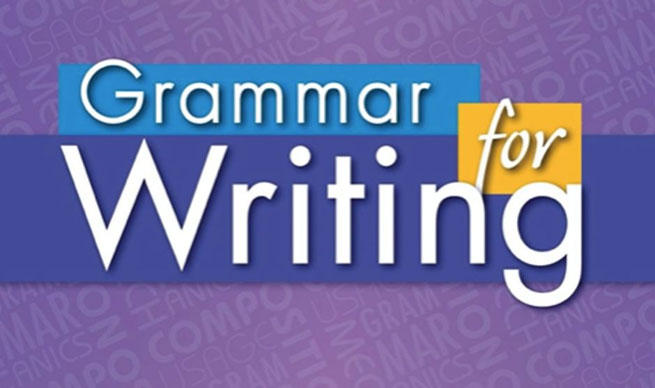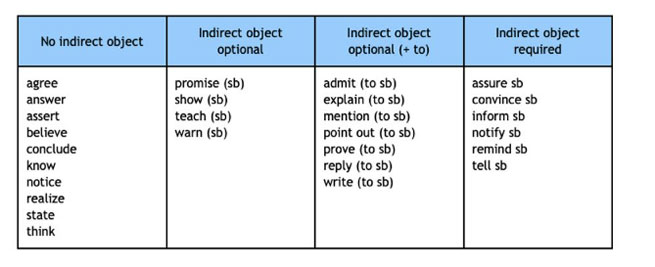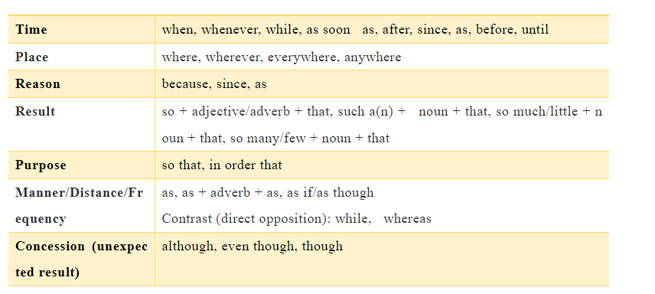在撰写学术论文时,语法的高级运用不仅可以提升文章的表达效果,更能展现作者的专业水平和学术素养。本文将介绍如何通过运用复合句和各类从句,使论文的语法变得更加高级,从而提升文章的质量和学术价值。

复合句和复杂句
复合句和复杂句是提升语法水平的关键要素之一。与简单句相比,复合句和复杂句包含更多的成分和结构,能够更准确地表达作者的观点和论证。例如,使用并列连接词(如and、but、or)或从属连接词(如although、because、while)可以构建复合句,增加句子的复杂性和表达力。
复合句有两个独立的分句,由一个并列连词(for,and,nor,but,or,yet,so)或分号连接。
Example:
Academic writing is a difficult, so it takes a long time to learn.
Academic writing is a difficult; it takes a long time to learn.
复杂句有一个独立的从句和一个或多个从属从句,从属从句不能单独成为一个完整的句子。它一般包含三种类型,名词从句、形容词从句和状语从句。
Example:
Some experts do not agree that global warming is a serious problem. [名词从句]
Burning fossil fuels adds to global warming, which is one of the greatest threats to mankind. [形容词从句]
He learned academic writing quickly even though it is difficult. [状语从句]
名词性从句
名词性从句在论文中的运用可以使语言更加精准和严谨。无论是使用that从句、wh-word从句还是if/Whether从句,都可以起到连接句子成分和表达作者思想的作用。例如,使用名词性从句可以强调某一概念或观点的重要性,从而使论文更具说服力和逻辑性。
that从句
that从句是由That这个词引申而来的,很多时候这个词常常被省略。
Example:
Scientists have concluded that greenhouse gas emissions are a serious problem.
Experts have warned governments that reduction in fossil fuel consumption is necessary.
Greene (2016) points out that class size is a key factor in school effectiveness.
The lecturer assured us that the topic would not be covered on the test.

英语中有许多动词后面跟着that从句。下面是一些最常见的列表。其中许多是报告动词,即用于报告他人的单词或想法的动词,以及根据它们是否需要间接对象来决定后面是否带或不带“to”。
wh-word从句
Wh-word从句由Wh questions组成,由wh-words引入,如who, whoever, what, whatever, where, wherever, when, why, which, how, how long, how much, and how many. 由于这些从句是陈述句(而不是疑问句),词序应该是主语+动词,不使用疑问句中使用的助动词(例如do、do或did)。
Example:
It is not known where the epicentre of the earthquake was.
The report explains how alpha waves are detected.
It is not known where the substance originates.
if/Whether从句
If/Whether从句由yes/no(是/否)问题构成,并由while或If一词引入。可添加短语“or not”。请注意,Whether比if更正式,因此在学术写作中更常见。
Example:
The results of the experiment determined whether the drug entered human trials.
The results of the experiment determined whether the drug entered human trials or not.
The results of the experiment determined whether or not the drug entered human trials.
It is unclear if the measurements were completely accurate.
It is unclear if the measurements were completely accurate or not. [NOT ... if or not the measurements...]
形容词从句
形容词从句是另一个提升语法水平的有力工具。形容词从句可以用来修饰名词或代词,增加文章的描写性和细腻度。通过使用形容词从句,可以使论文更加生动、具体,给读者留下深刻的印象。
Example:
who, whom [for people]
which [for non-humans or things]
whose, that [for humans, non-humans or things]
when [for time]
where [for place]
简洁清新的标题
除了句子结构的复杂性之外,标题的撰写也是提升论文语法水平的重要环节。一个简洁清新的标题不仅能够吸引读者的注意力,更能够准确概括文章的主题和内容。因此,在选择标题时,建议避免冗长和复杂的词语,尽量保持简洁明了,突出文章的核心思想和亮点。
状语从句可以在独立从句之前或之后出现。如果在前面,需要用逗号分隔这两个子句。如果在后面,就不需要逗号。
Example:
Whenever a tectonic plate moves suddenly, an earthquake can occur.
An earthquake can occur whenever a tectonic plate moves suddenly.

状语从句有几种不同的类型。下面列出了不同的种类,以及介绍它们时可以使用在论文中的单词。
Example:
Whenever a tectonic plate moves suddenly, an earthquake can occur. [Time]
Consumers tend to shop wherever they can get the lowest price. [Place]
Since individuals lack awareness of the issue, the government needs to raise awareness. [Reason]
The readings were so inaccurate that they had to be discarded. [Result]
Precautions were taken so that the results would be more accurate. [Purpose]
The reactants were placed inside the beaker as quickly as possible. [Manner]
Ordinary writing employs many simple and compound sentences, whereas academic writing uses more complex sentences. [Contrast (direct opposition)]
Even though academic writing uses more complex sentences than ordinary writing, it should still be clear and easy to read. [Concession (unexpected result)]
使用E-convier论文代写服务,获得论文方面的专业帮助!
drdedututor.com还为各个级别的学生提供学术写作服务。
我们的专业写手可以撰写从本科学位论文开题报告到博士论文的各种类型的论文。想了解 E-convier如何帮助您完成学业,请访问我们的学术写作服务板块:












